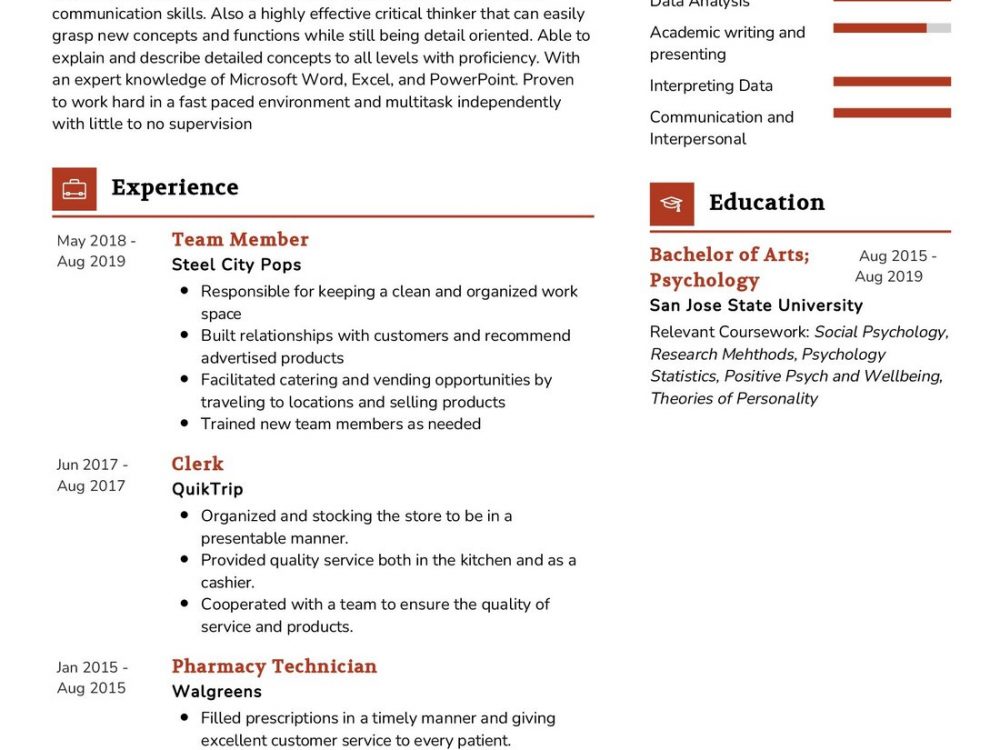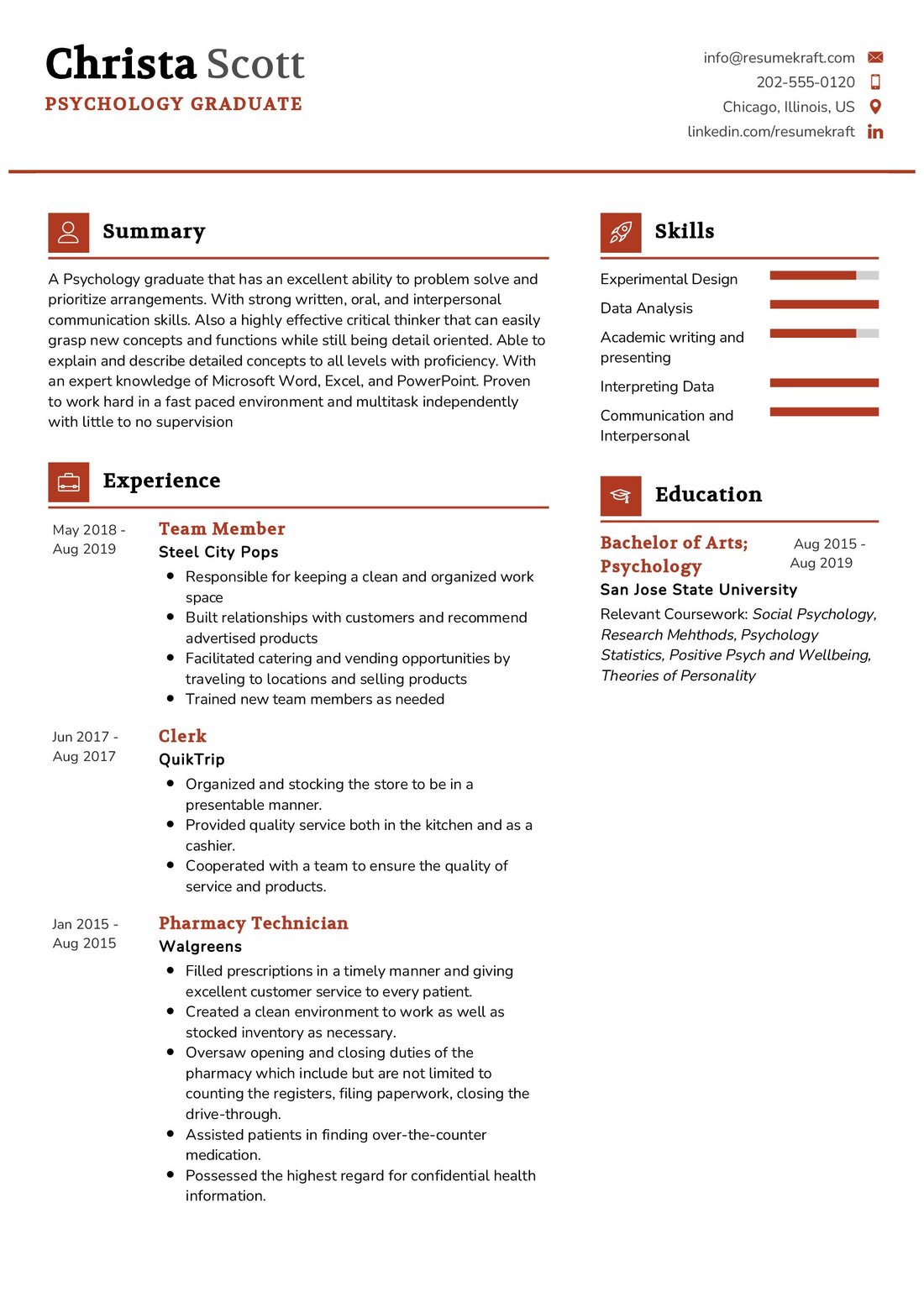What is the Role of a Professional in Psychology?
Embarking on a career in psychology opens up a myriad of opportunities to delve into the human mind’s intricacies, offering a platform to foster well-being and mental health. Professionals in psychology wear many hats, ranging from clinical psychologists to counselors, researchers, and educators. Let’s delve deeper into the role of a psychology professional, a journey that is both enriching and fulfilling.
Psychology professionals work in various settings such as hospitals, schools, corporate organizations, and private practices. Their role involves understanding and analyzing human behavior and mental processes to help individuals cope with personal issues, mental health problems, and behavioral disorders. They employ a range of techniques including psychotherapy, psychological testing, and research to offer solutions and treatments that enhance individuals’ mental health and well-being.
What are the Psychology Job Requirements?
Aspiring to carve out a career in psychology necessitates meeting a series of educational and professional prerequisites. The journey is characterized by rigorous academic training and hands-on experience. Let’s explore the essential requirements to step into the fascinating world of psychology:
- A Bachelor’s degree in psychology or a related field, laying the foundation for a deeper understanding of human behavior and mental processes.
- A Master’s degree or a Doctorate (Ph.D. or Psy.D.) for specialized roles such as clinical psychologists, showcasing a higher level of expertise in the field.
- Licensing and certification, a mandatory requirement for practicing psychologists in many regions, ensuring adherence to the ethical and professional standards of the industry.
- Relevant experience through internships and supervised experience, offering a platform to hone your skills and gain practical insights.
- Continuous professional development through workshops, seminars, and courses, reflecting a commitment to stay abreast of the latest developments in the field.
Each step in fulfilling these requirements is a milestone, bringing you closer to becoming a proficient psychology professional.
What are the Responsibilities of a Psychology Professional?
As a psychology professional, you are entrusted with a range of responsibilities, each requiring a deep understanding of human behavior and a compassionate approach. Let’s unravel the diverse responsibilities that come with this role:
- Conducting assessments and diagnostic evaluations to understand individuals’ psychological issues.
- Developing and implementing therapeutic treatment plans tailored to meet the unique needs of each individual.
- Collaborating with other healthcare professionals to offer holistic care to individuals.
- Conducting research to explore various psychological issues and contribute to the field’s knowledge base.
- Offering counseling and therapy sessions to help individuals cope with personal and psychological challenges.
- Engaging in community outreach programs to raise awareness about mental health and well-being.
Each responsibility is a testament to the multifaceted role of a psychology professional, showcasing a commitment to foster mental health and well-being.
Psychology Resume Writing Tips
Creating a resume that reflects your journey and expertise in psychology requires a thoughtful approach. Here are some tips to help you craft a resume that stands out:
- Highlight your educational qualifications, showcasing your academic journey in the field of psychology.
- Detail your experience, including internships and supervised experiences, offering a glimpse into your hands-on experience in the field.
- Include a section on certifications and licenses, reflecting your adherence to the industry’s ethical and professional standards.
- Detail any research publications or presentations, showcasing your contribution to the field’s knowledge base.
- Personalize your resume for the specific role, weaving a narrative that resonates with the job description.
Each tip is a stepping stone to crafting a resume that is both authentic and reflective of your journey in the psychology field.
Psychology Resume Summary Examples
Your resume summary is a concise representation of your career journey, offering potential employers a snapshot of your expertise and experience. Here are some examples to inspire you:
- “Experienced clinical psychologist with a decade of experience in cognitive behavioral therapy and a proven track record in individual and group therapy settings.”
- “Dedicated psychology professional with expertise in child psychology, adept at creating individualized therapy plans to foster mental well-being.”
- “Research-oriented psychology professional with a rich background in neuropsychology, with published research in reputed journals.”
Each summary offers a glimpse into your expertise and the unique value you bring to the role.
Create a Strong Experience Section for Your Psychology Resume
The experience section is the cornerstone of your resume, offering a detailed account of your journey in the psychology field. Here are some examples to guide you in crafting this section:
- “Led a team of psychologists in a community mental health center, overseeing the development and implementation of therapeutic programs.”
- “Conducted groundbreaking research in the field of neuropsychology, contributing to the understanding of cognitive processes.”
- “Developed and facilitated workshops and seminars on mental health awareness, reaching over 1000 individuals in community settings.”
Each experience is a testament to your skills and contributions in the psychology field, painting a picture of a seasoned professional.
Sample Education Section for Your Psychology Resume
Your educational background forms the bedrock of your career in psychology. Here is a sample section detailing how to present your educational qualifications:
- “Ph.D. in Clinical Psychology, Stanford University, 2018”
- “Master of Science in Psychology, University of Michigan, 2014”
- “Bachelor of Arts in Psychology, University of California, Los Angeles, 2012”
Each qualification is a milestone in your academic journey, showcasing your deep-rooted expertise in the field.
Psychology Skills for Your Resume
Your skills section is a showcase of your expertise in the field of psychology. Here are some skills to consider including:
Soft Skills:
- Empathy and compassion, the cornerstone of a career in psychology.
- Excellent communication skills, facilitating effective therapy sessions.
- Research skills, contributing to the knowledge base in the field.
Hard Skills:
- Psychotherapy and counseling techniques, offering a platform to foster mental well-being.
- Psychological assessment and diagnostic skills, facilitating accurate diagnoses.
- Knowledge of psychological theories and models, guiding your practice in the field.
Each skill is a reflection of your expertise, showcasing your readiness to excel in the psychology field.
Most Common Mistakes to Avoid When Writing a Psychology Resume
As you craft your resume, steer clear of common pitfalls that can hinder your chances of landing your dream job. Here are some mistakes to avoid:
- Using a one-size-fits-all approach, failing to tailor your resume for the specific role.
- Overloading your resume with jargon, obscuring your true value.
- Ignoring the cover letter, missing an opportunity to narrate your story and connect with potential employers.
Each mistake is a pitfall, avoid them to craft a resume that is both authentic and compelling.
Key Takeaways for Your Psychology Resume
As we reach the end of this guide, let’s recap the key points to keep in mind while crafting your psychology resume:
- Highlight your educational journey, showcasing the depth of your knowledge in the field.
- Detail your experience, painting a picture of your hands-on experience in various settings.
- Include a section on continuous learning, reflecting your commitment to stay abreast of the latest developments in the field.
- Personalize your resume, weaving a narrative that resonates with the job description.
Finally, feel free to utilize resources like AI Resume Builder, Resume Design, Resume Samples, Resume Examples, Resume Skills, Resume Help, Resume Synonyms, and Job Responsibilities to create a standout application and prepare for the psychology job interview.
With this comprehensive guide, you are now equipped to craft a resume that truly reflects your journey and expertise in the psychology field. Remember, your resume is a canvas where you paint your career story, a story of growth, learning, and dedication to fostering mental well-being. Best of luck!


